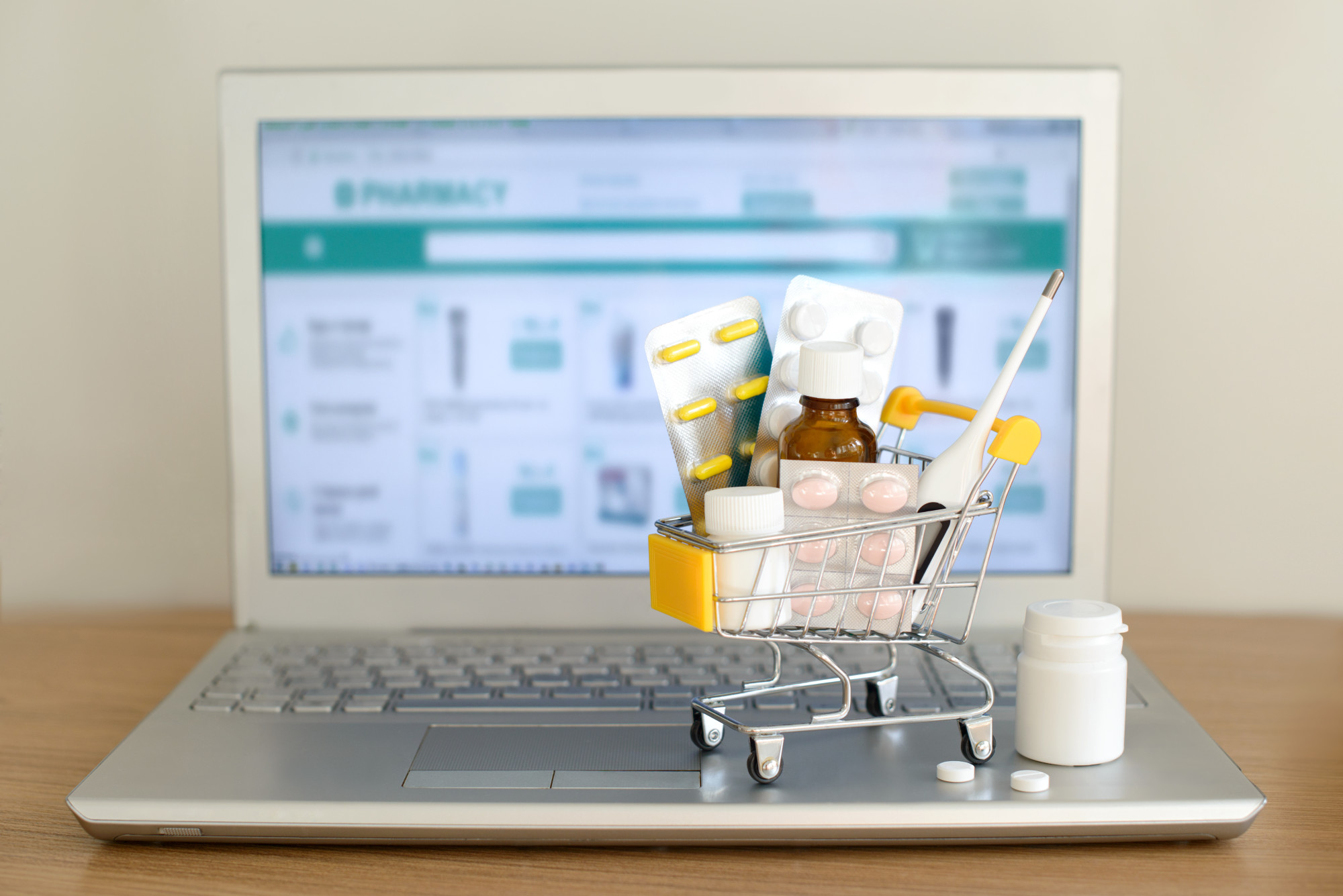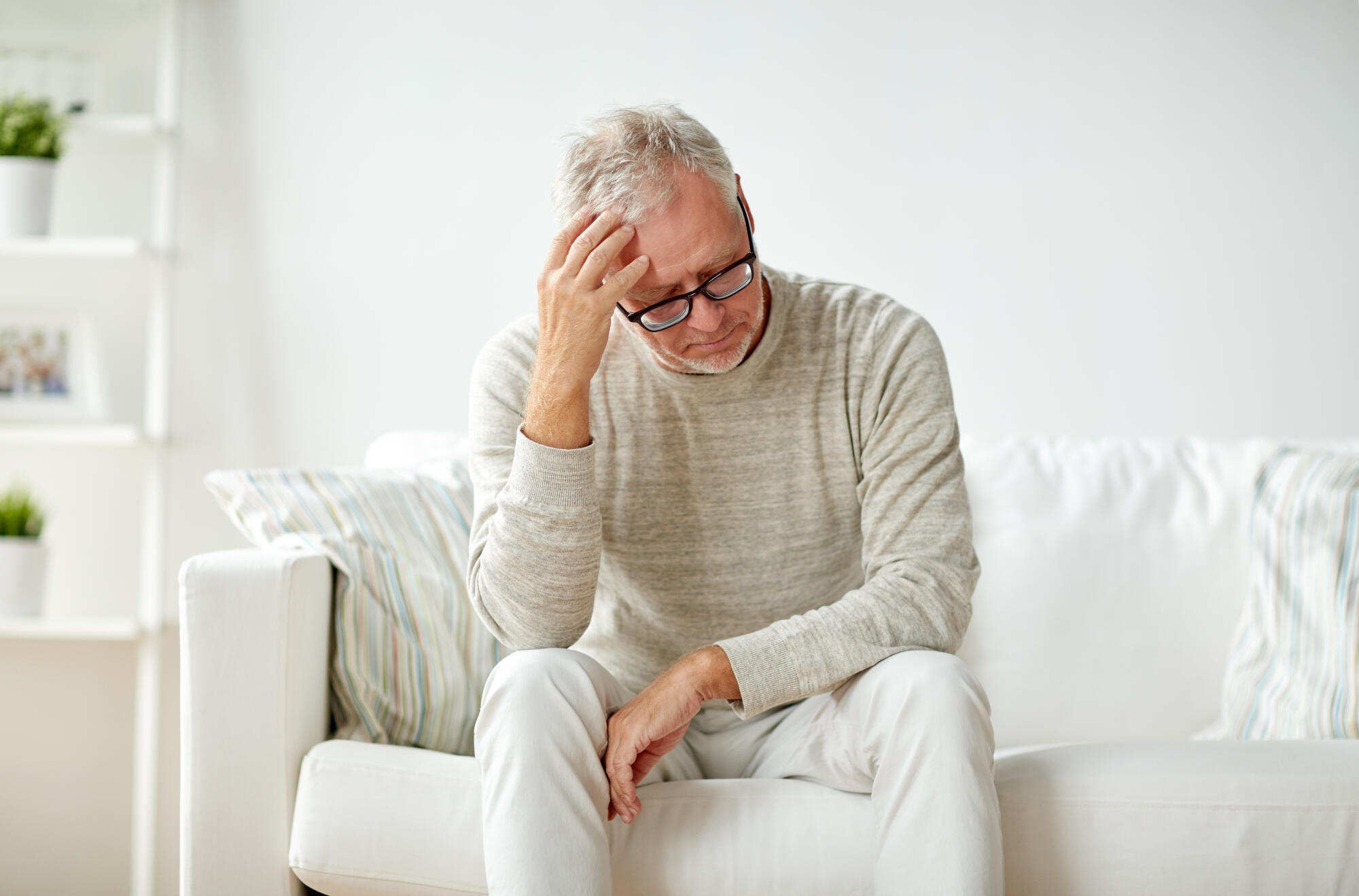
6 Ways Online Pharmacies Ensure Online Security and Privacy

Have you ever had a friend or family member practically brag about getting their prescription drugs online?
Did red flags and sirens suddenly flood your mind?
It seems like a good idea for many people, especially 11% of adult Americans opting for online pharmacies. However, like anything that looks too good to be true, you need to be aware of the dangers.
If online security and privacy top the list of your concerns, then keep reading this article to discover six different ways credible online pharmacies help protect you.
Prescriptions
One of the first red flags that an online pharmacy isn’t legal and most likely uses ineffective medicine is that it doesn’t require a valid prescription from a licensed medical professional. And even if it requires a simple email with a photo, you need to run far away!
A legitimate online pharmacy must receive your prescription either by paper or through the Electronic Prescription Service online.
This is to make sure that your information is kept confidential and seen only by the people bound by HIPPA regulations.
Contact Information
Just because a website displays an American or Canadian flag doesn’t necessarily mean it’s operated from that country. Many illicit pharmacies will claim to work from within a country, only to have their drugs stored and shipped from another location with relaxed regulations.
In fact, over 96% of online pharmacies fail to follow regulatory and safety requirements. This exposes you to various dangers that could lead to hospitalization or even death.
Disregarded safety requirements can range from improper storage to using harmful substances to replace legitimate drugs.
A legally operated online pharmacy will display its contact information in an easy-to-find manner. If it’s a pharmacy that only works within the U.S., you should search for a phone number and a U.S. address listed on their website.
This piece of information is essential for any patient when given their medication. If you have any questions about the drugs you receive, legally, a licensed on-staff pharmacist must be the one to answer. And that can only be done if you can get in contact with them.
Looking for red flags, such as non-existent contact information, is a best practice for online security for any online transaction. This way, you avoid falling victim to a criminal exploiting those that trust the system.
Sensitive Information and Online Security
Fraudulent online pharmacies might ask you to fill out a survey or get on a phone call to get your sensitive information that you might not have given otherwise.
If the website requires your insurance information before receiving your actual prescription in one of the two ways mentioned earlier – run. It does not have your best interest in mind and is likely an identity theft scheme.
From large chains to small mom-and-pop shops, all pharmacies strive to protect their patient’s data in several ways. Some of the safety measures to secure online information include:
- Password management
- Data encryption
- Regular maintenance
- Limited access
- Regular internal and external system testing
- Having security policies in place
In the U.S., HIPAA has also set minimum federal requirements regarding protected health information security and online privacy. Since pharmacies deal with records such as prescription, billing, counseling, and patient profiles, their systems must follow the HIPAA standards both on and offline.
Registration, Licensing, and Shipping Origin
One of the common factors that scams and unsafe websites have is the lack of a professional appearance. If the website seems outdated or has many popups that clutter your screen, it’s screaming for you to get out of there.
Criminals know that a majority of people are wary of these types of sites. So what they do is spend a little extra money on making their website seem legitimate to get past one of the most significant red flags associated with scam sites.
Luckily, there’s a quick, easy way to confirm if a registered pharmacy runs the website. You can check the GPhC register to ensure that the pharmacy meets U.K. standards and can legally sell medicine. The U.S. has a similar portal, BeSafeRX, set by the FDA to check your pharmacy’s licenses.
International online pharmacies are no exception to this rule. For example, if a global pharmacy is marketing to U.S. patients, it needs to send the drugs from a licensed location that operates from within the U.S.
Unsolicited Emails
They’re the worst, right? Everyone’s prone to take a slight interest when there’s the potential to save hundreds on their life-saving medicine. But in the case of online pharmacies, it’s a red flag.
It’s one thing if it’s a credible pharmacy that’s been known to provide a discounted rate, but if you’ve never signed up for their email list, it’s most likely a scam.
Many of these criminal operations will purchase email lists to mass send unsolicited spam to potential victims. They know that most people won’t open those emails or take any action, but they depend on the 1% that do.
Legitimate online pharmacies will not send you unsolicited emails. If you do receive an email from an online pharmacy, it’s because you signed up for their list.
Of course, you have to scrutinize each one to ensure it’s not a phishing email.
Staying Safe Online
Most companies do their absolute best to avoid hacks and ensure their data is secure.
However, criminals can get your information through various methods and connect you with a legitimate company you work with, such as your bank.
So the best online security practice regarding pharmacies is to watch for the red flags discussed in this article.
If you’re looking for an online pharmacy dedicated to protecting your privacy and information online, Kiwidrugs is here for you. Check out our safeguarding statement or our blog for more details!
Related Posts

